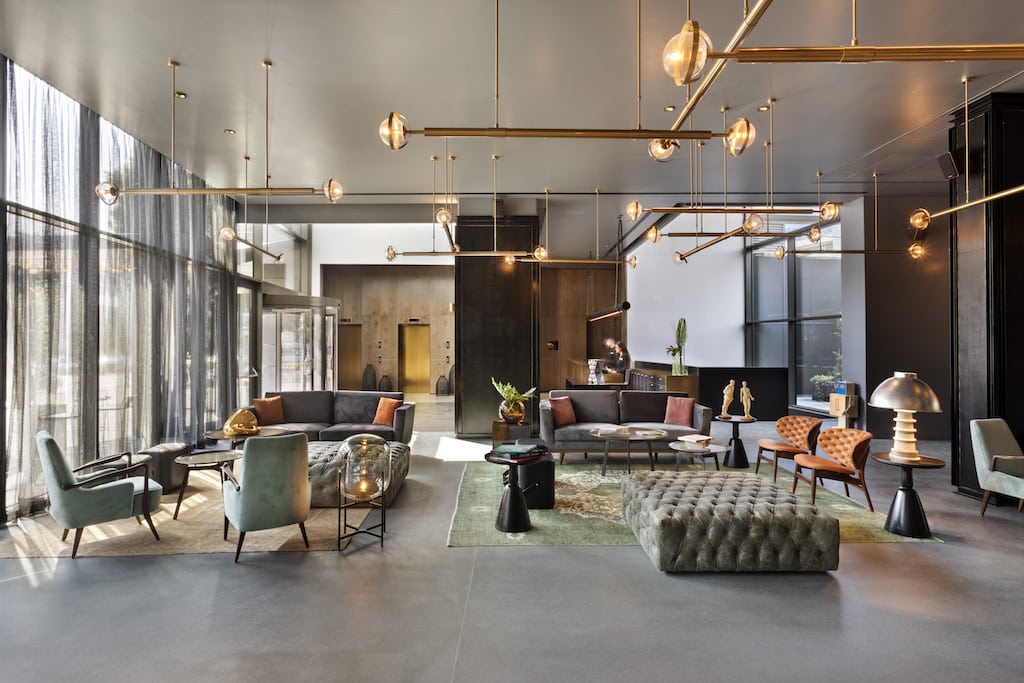Marriott Teams up with Isrotel for a New Lifestyle Brand

Skift Take
More hotels are following Soho House's lead and integrating members-only clubs into their business models. Whether this is enough to help a boutique brand like Publica Isrotel is something we'll have to wait and see, but perhaps joining Marriott's Autograph Collection can help.
Isrotel CEO Lior Raviv wanted to see what the hype about soft brand collections is all about, and he's discovering it firsthand with a new millennial-minded lifestyle hotel, the Publica Isrotel that also has its own members-only club.
The 159-room Publica Isrotel, which had a soft opening a few months ago in Herzliya, near Tel Aviv, is a member of Marriott's Autograph Collection of independent hotels.
As the leader of one of Israel's biggest hotel companies for the past eight years, and someone who has been with the company for 25 years, Raviv has seen Isrotel transform into a regional hospitality giant.
He has designs on expanding the company's reach to a global audience. To do that, Raviv is enlisting Marriott's help.
Isrotel, founded 34 years ago, has a wide-ranging portfolio of properties, from five-star resorts to more budget- and value-driven hotels. With Publica Isrotel, however, Raviv is experimenting with this new boutique and lifestyle concept to see if it's a hotel brand Isrotel can expand, not only within Israel, but beyond, too. Isrotel hopes its growth plans will work primarily because Publica Isrotel represents the type of hotel experience that many younger and more millennially minded travelers desire today.
"Publica is a very non-typical hotel in the Isrotel brand," Raviv said. "When we did Publica, we wanted to aim for the younger clientele. We understand that they want different kinds of hotels; they don't want to come to a hotel, which is just rooms and a nice lounge and maybe a nice breakfast. People want an experience. With Publica, we're trying to meet this growing demand."
Raviv has confidence he's on the right track.
"When we developed this new brand, we wanted to continue opening more of these hotels in and outside of Israel," he said. "The investment is relatively higher than a regular hotel, but we do believe that it will pay off."
That Isrotel is experimenting with a so
